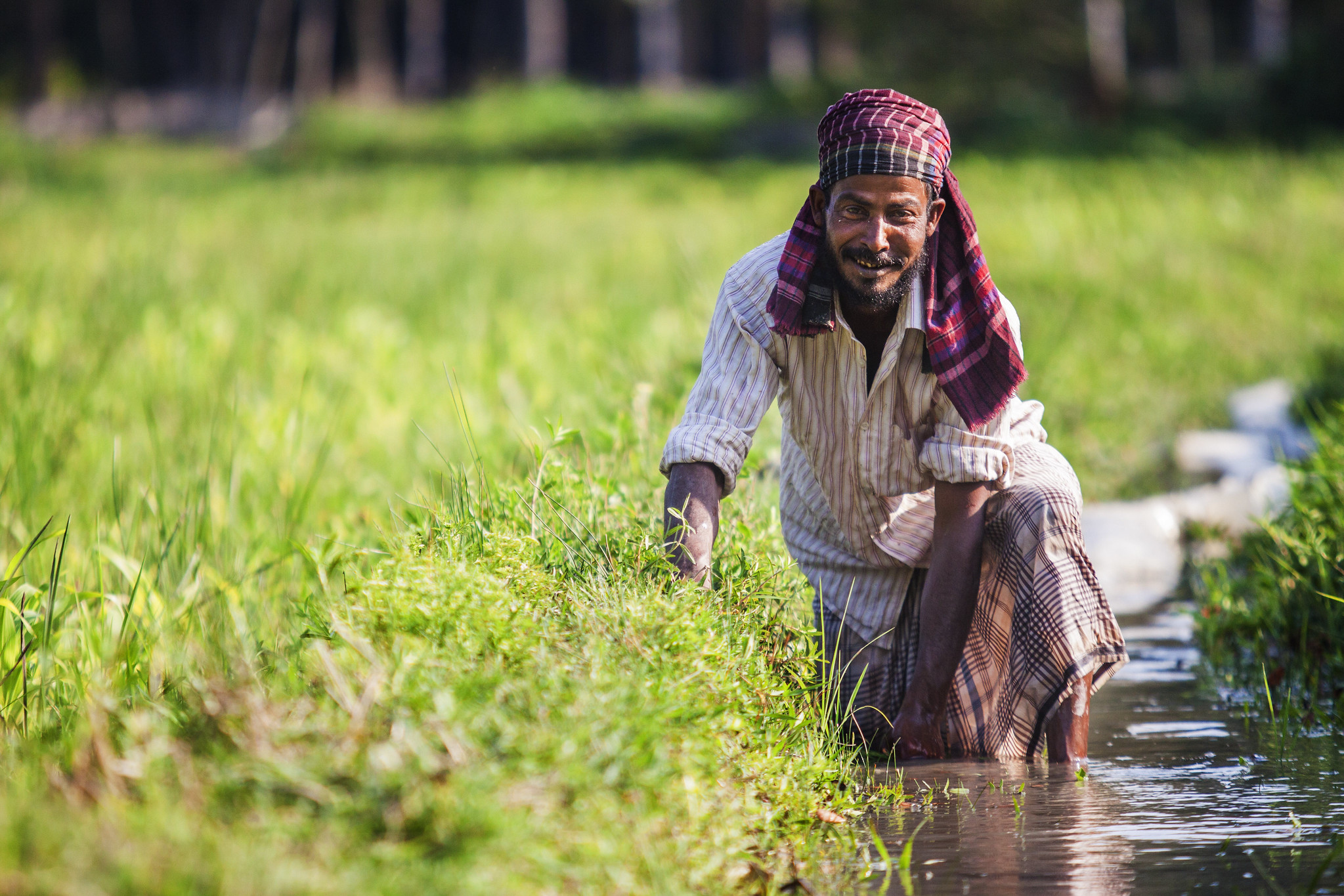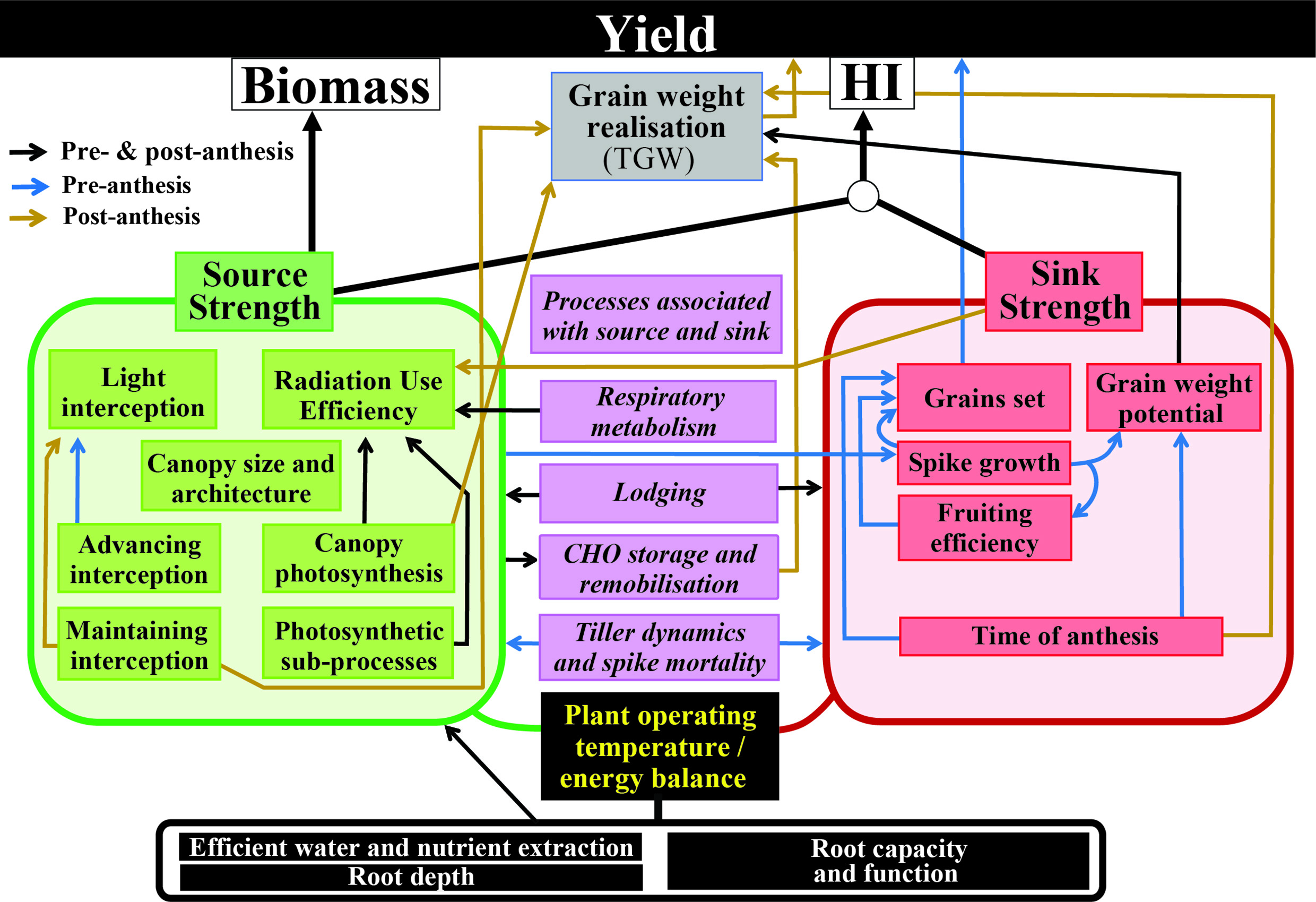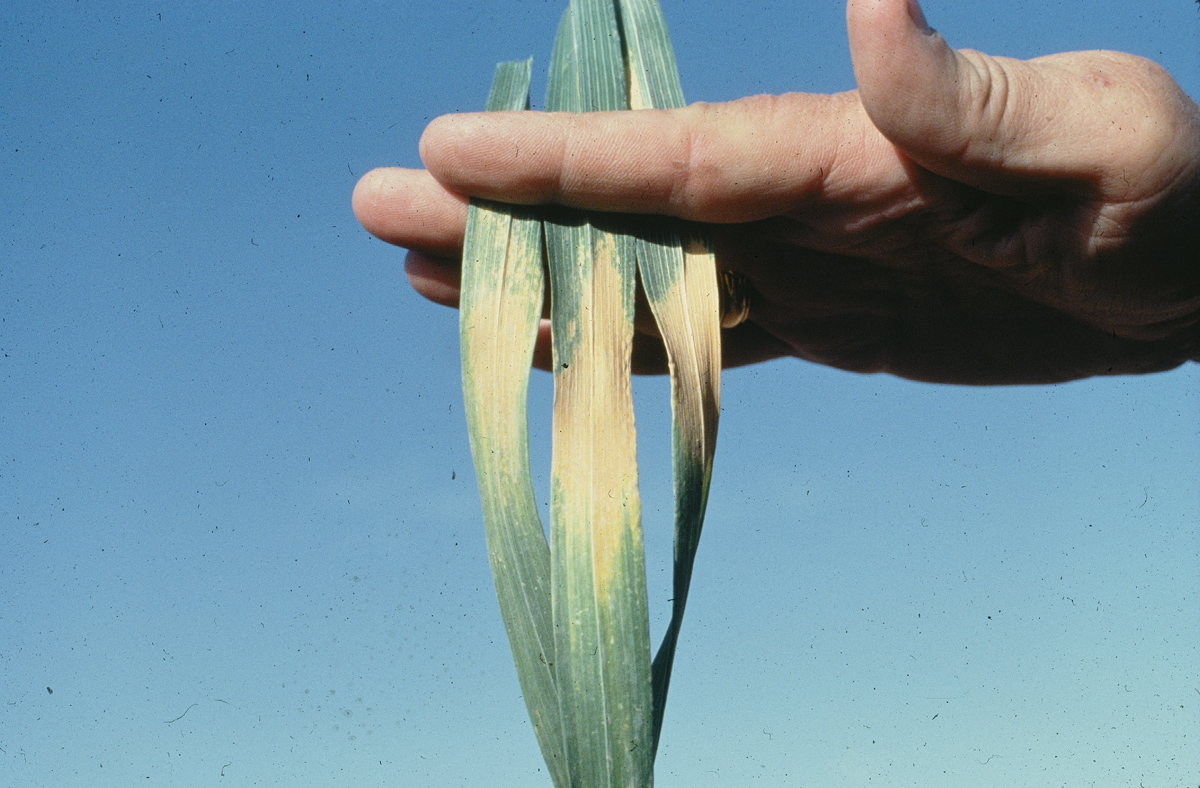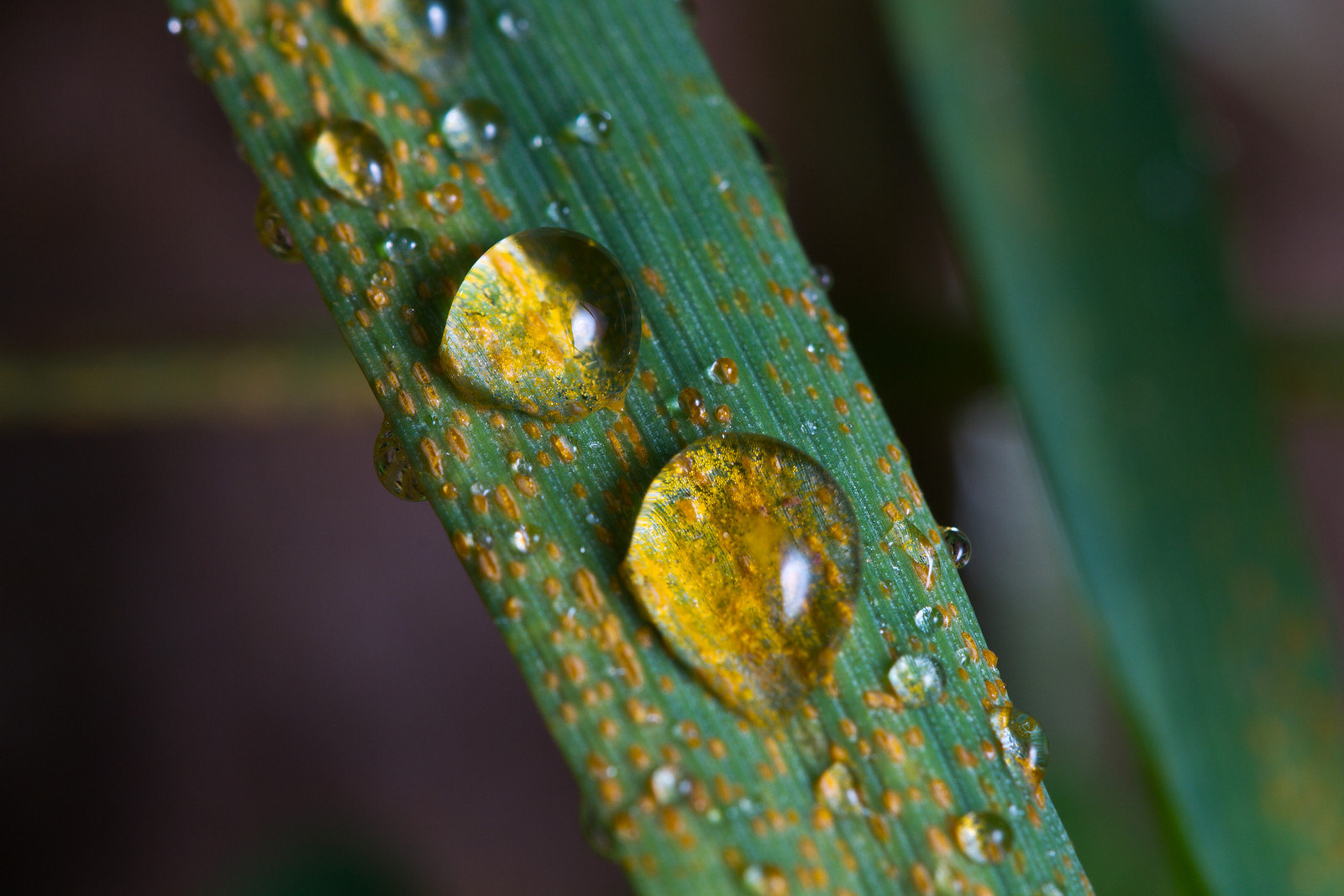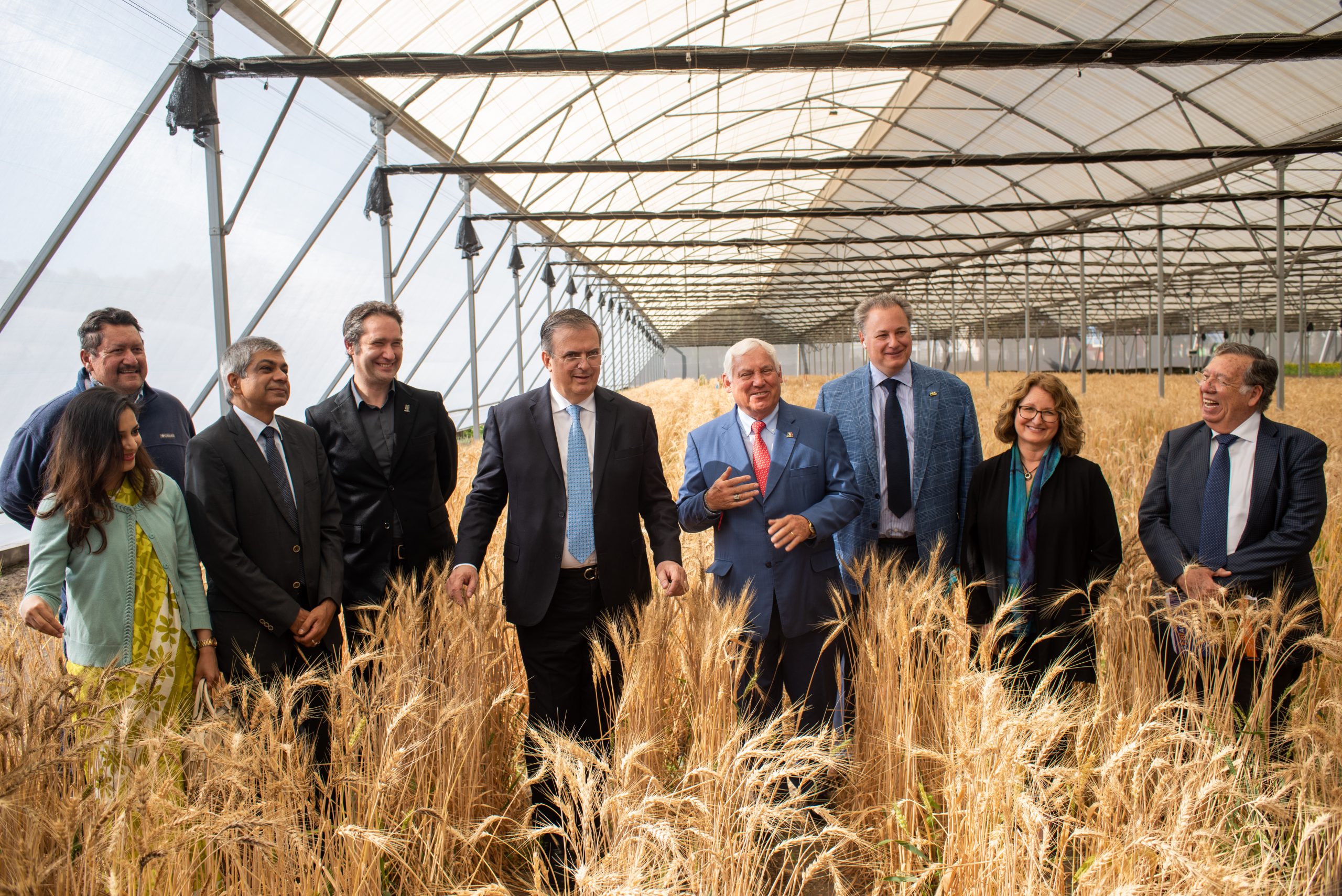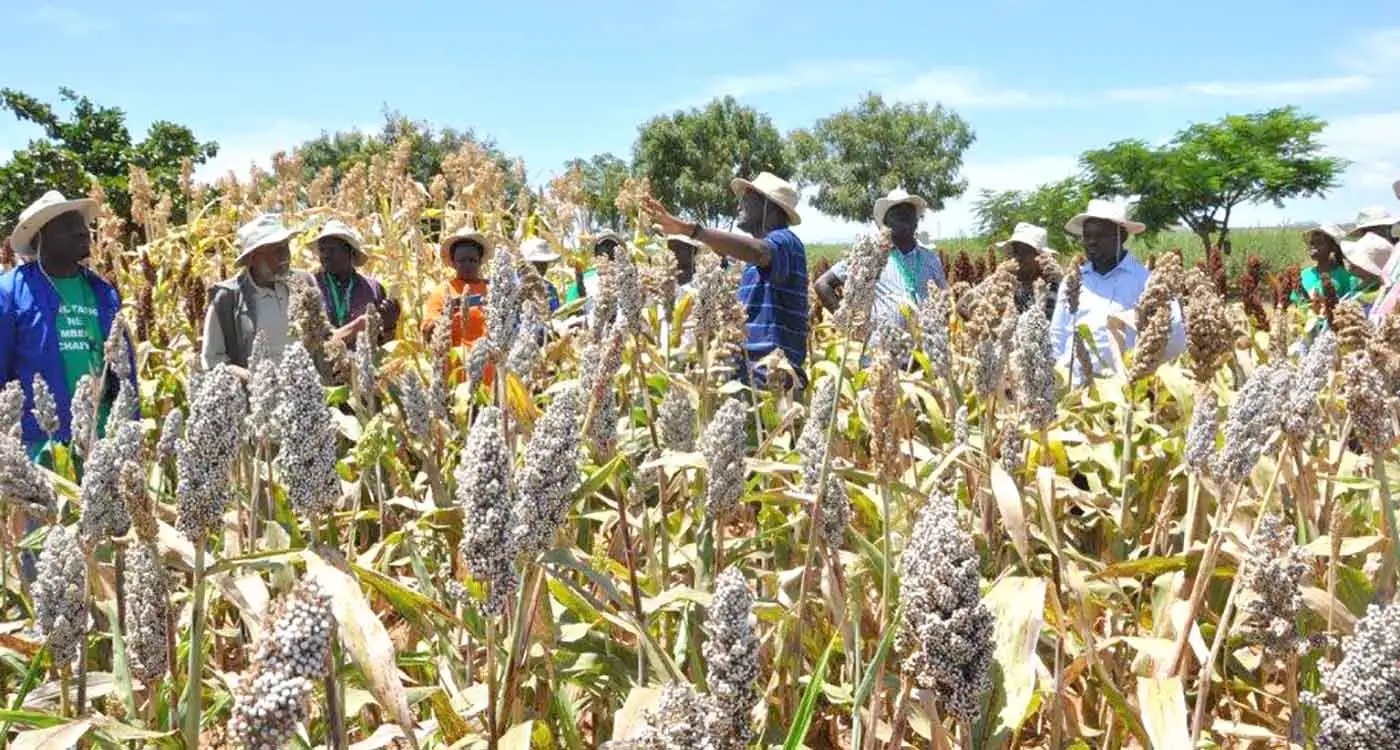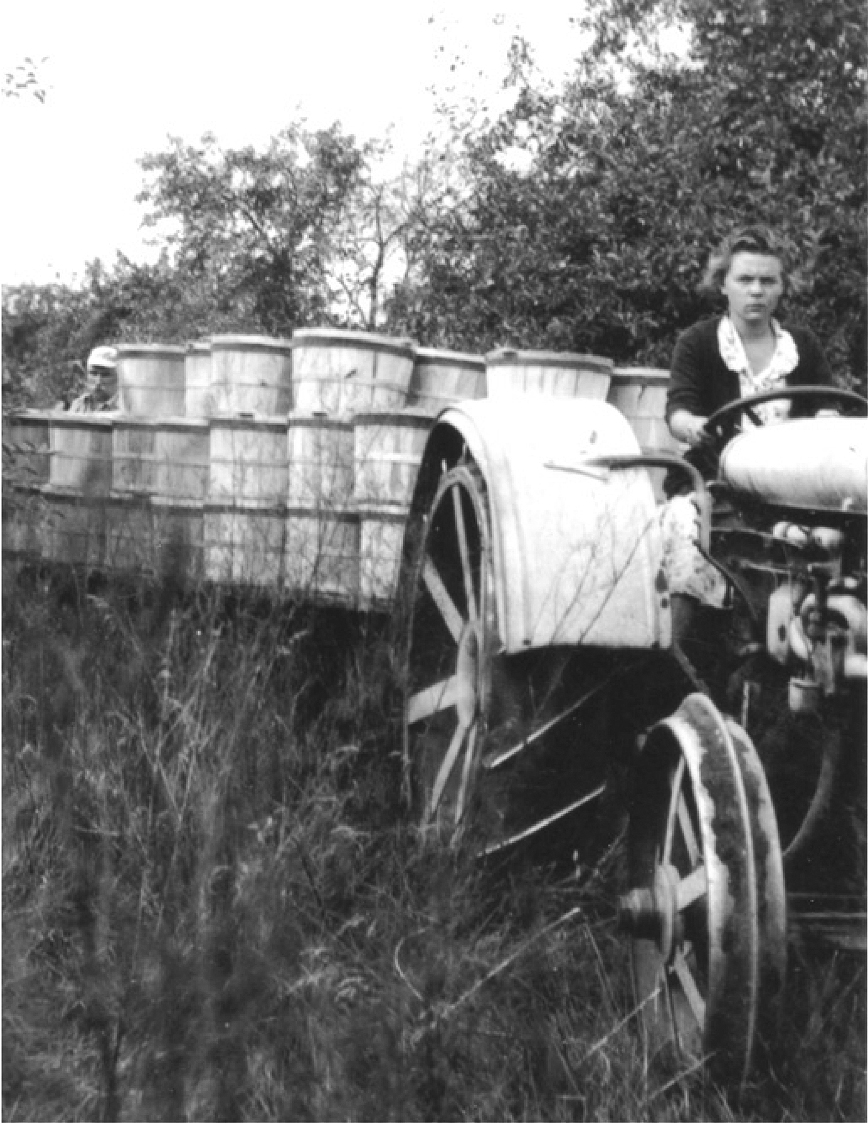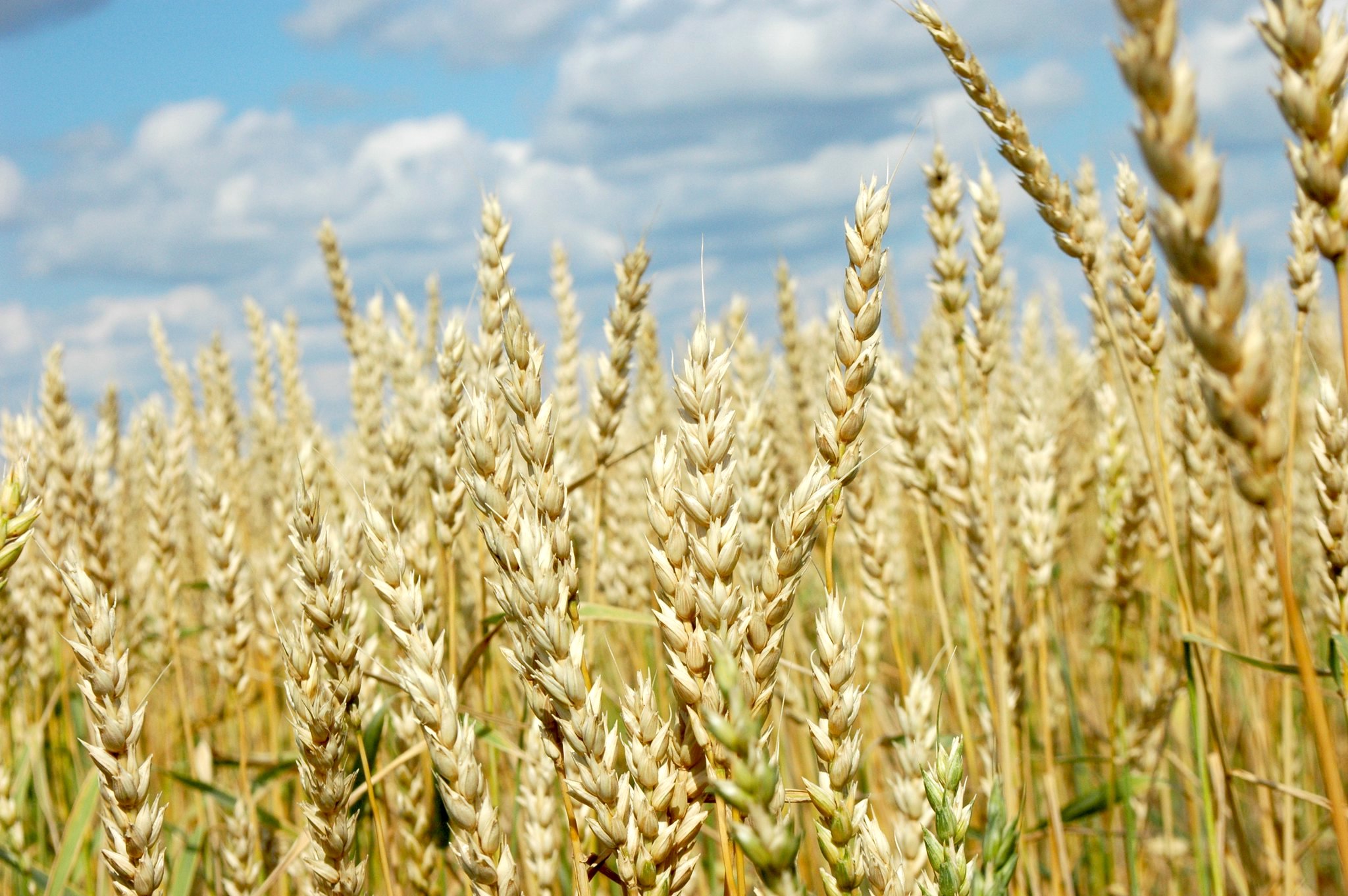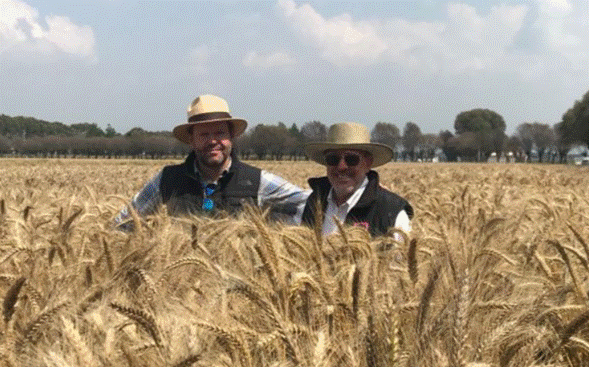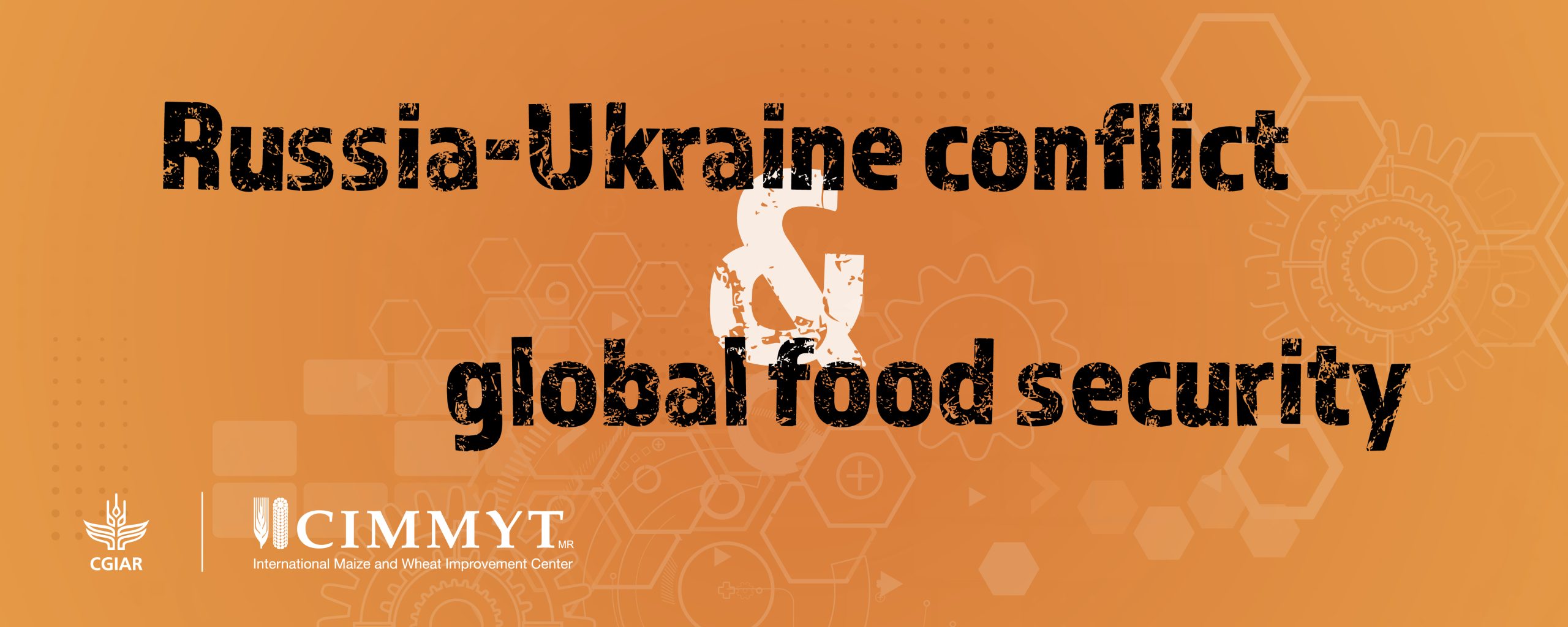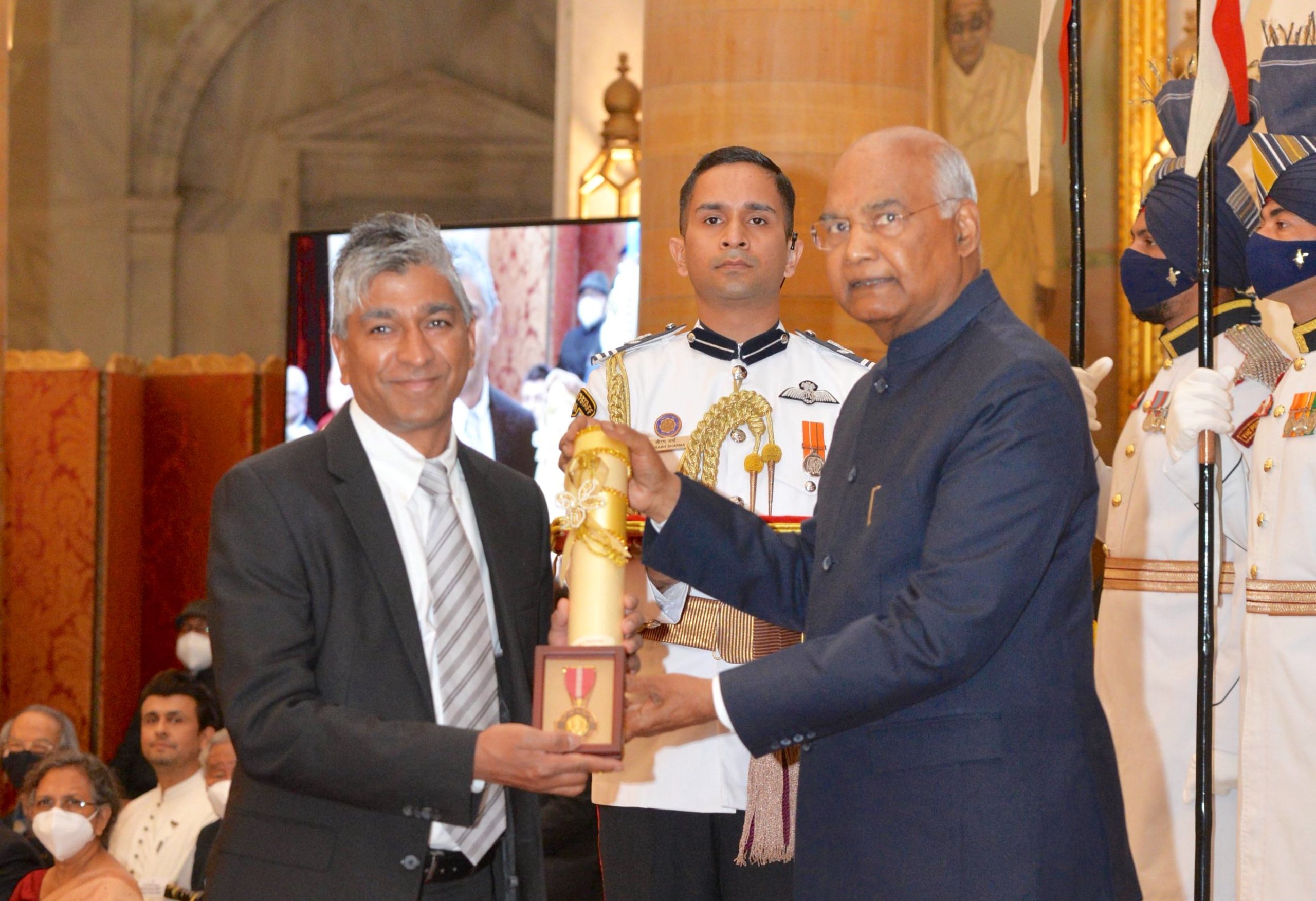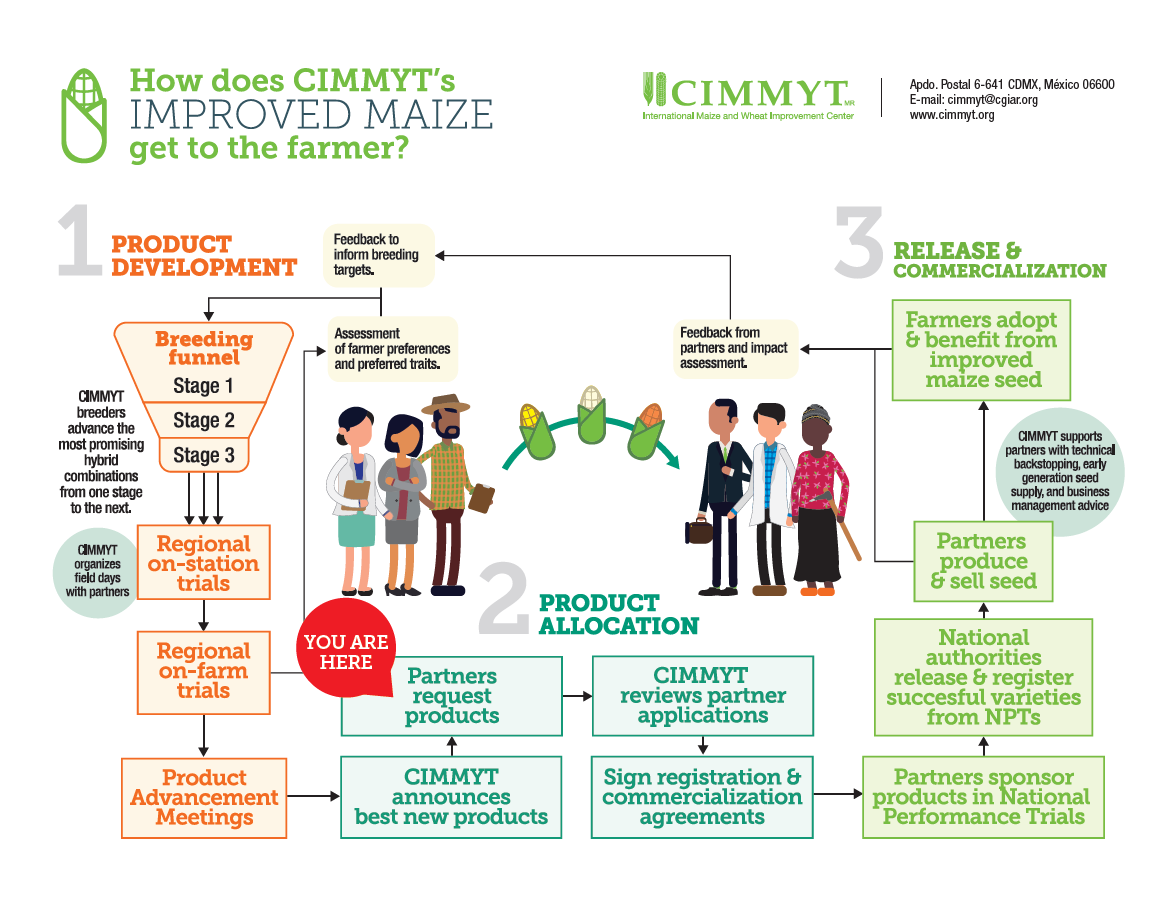Nutrition, health and food security
As staple foods, maize and wheat provide vital nutrients and health benefits, making up close to two-thirds of the world’s food energy intake, and contributing 55 to 70 percent of the total calories in the diets of people living in developing countries, according to the U.N. Food and Agriculture Organization. CIMMYT scientists tackle food insecurity through improved nutrient-rich, high-yielding varieties and sustainable agronomic practices, ensuring that those who most depend on agriculture have enough to make a living and feed their families. The U.N. projects that the global population will increase to more than 9 billion people by 2050, which means that the successes and failures of wheat and maize farmers will continue to have a crucial impact on food security. Findings by the Intergovernmental Panel on Climate Change, which show heat waves could occur more often and mean global surface temperatures could rise by up to 5 degrees Celsius throughout the century, indicate that increasing yield alone will be insufficient to meet future demand for food.
Achieving widespread food and nutritional security for the world’s poorest people is more complex than simply boosting production. Biofortification of maize and wheat helps increase the vitamins and minerals in these key crops. CIMMYT helps families grow and eat provitamin A enriched maize, zinc-enhanced maize and wheat varieties, and quality protein maize. CIMMYT also works on improving food health and safety, by reducing mycotoxin levels in the global food chain. Mycotoxins are produced by fungi that colonize in food crops, and cause health problems or even death in humans or animals. Worldwide, CIMMYT helps train food processors to reduce fungal contamination in maize, and promotes affordable technologies and training to detect mycotoxins and reduce exposure.
Transforming Smallholder Food Systems in the Eastern Gangetic Plains (Rupantar)
 Capacity development
Capacity development
Diagram links physiological traits of wheat for yield potential
 Innovations
Innovations
Researchers build on existing source-and-sink model to map complex interaction of traits that determine wheat yield throughout its growth cycle, as a guide for breeding and future research.
Wheat versus heat
 Climate adaptation and mitigation
Climate adaptation and mitigation
Urgent action is required to mitigate effects of temperature extremes in South Asia, which threaten wheat production and human health.
Protecting plant health for food and nutritional security
 Environmental health and biodiversity
Environmental health and biodiversity
Global networks present unified and transdisciplinary strategy to protect key crops from devastating pests and diseases.
Inspired by ‘enemy of world hunger’ Rajaram, national and global institutions and research centers strengthen their commitment to food security
 Capacity development
Capacity development
Mexican authorities and international researchers pay tribute to World Food Prize Laureate and former wheat scientist Sanjaya Rajaram at the CIMMYT experimental station in Toluca named after him.
CIMMYT to lead CGIAR varietal improvement and seed delivery project in Africa
 Innovations
Innovations
The AVISA project aims to improve the health and livelihoods of millions by increasing the productivity, profitability, resilience and marketability of nutritious grain, legumes and cereal crops.
Celebrating the life of Rosalind Morris, trailblazer for women in agriculture
 Gender equality, youth and social inclusion
Gender equality, youth and social inclusion
An outstanding wheat cytogeneticist and professor, she peacefully passed away a few weeks shy of her 102nd birthday.
Experts analyze the impact of the Russia-Ukraine war on global food and energy systems
 Nutrition, health and food security
Nutrition, health and food security
CIMMYT director general urges stronger international cooperation to buffer the shock in food-insecure countries and drive a shift to resilience.
Our food system isn’t ready for the climate crisis
 Environmental health and biodiversity
Environmental health and biodiversity
Source: The Guardian (14 Apr 2022)
“We’ll never get back all the diversity we had before, but the diversity we need is out there,” says Matthew Reynolds, head of wheat physiology at CIMMYT.
The worst global food security crisis in 50 years could be already here
 Climate adaptation and mitigation
Climate adaptation and mitigation
At lectures at Cornell University, CIMMYT director general calls for quick united action to avert the unfolding food security crisis.
Russia-Ukraine conflict and global food security
 Nutrition, health and food security
Nutrition, health and food security
Explore our analysis of how the Russia-Ukraine war will impact global food security.
Sanjaya Rajaram honored with India’s civilian service award
 Nutrition, health and food security
Nutrition, health and food security
President of India presents Padma Bhushan Award posthumously to relatives of former CIMMYT wheat program director.
Multiple breadbasket failures: Nations must address looming food emergencies
 Nutrition, health and food security
Nutrition, health and food security
Source: The Boston Globe (28 Mar 2022)
The war in Ukraine, coupled with weather-related disruptions in the world’s major grain-producing regions, could unleash unbearable humanitarian consequences, civil unrest, and major financial losses worldwide, says Bram Govaerts.
New CIMMYT maize hybrid available from Eastern Africa highland breeding program
 Innovations
Innovations
CIMMYT is offering a new improved maize hybrid to partners, to scale up production for farmers in the region.
